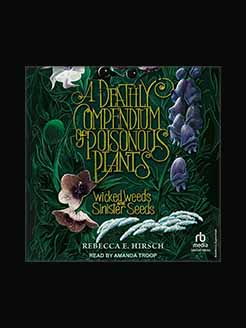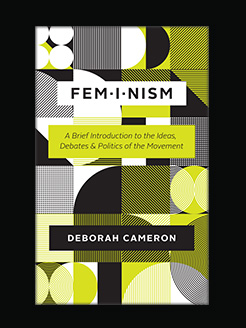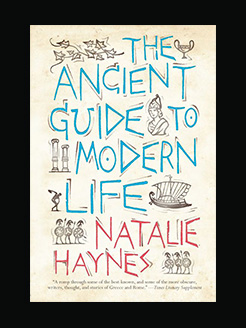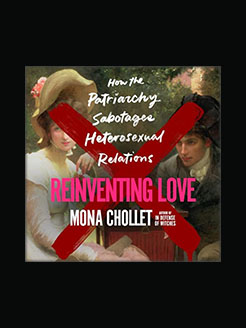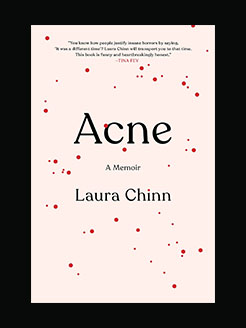Published in 2012 (first published 1788)
138 pages
Mary Wollstonecraft was an eighteenth century British writer, philosopher, and feminist. Among the general public and specifically among feminists, Wollstonecraft’s life has received much more attention than her writing because of her unconventional, and often tumultuous, personal relationships. After two ill-fated affairs, with Henry Fuseli and Gilbert Imlay, Wollstonecraft married the philosopher William Godwin, one of the forefathers of the anarchist movement; they had one daughter, Mary Shelley, the author of Frankenstein. Wollstonecraft died at the age of thirty-eight due to complications from childbirth, leaving behind several unfinished manuscripts.
During her brief career, she wrote novels, treatises, a travel narrative, a history of the French Revolution, a conduct book, and a children’s book. Wollstonecraft is best known for A Vindication of the Rights of Woman (1792), in which she argues that women are not naturally inferior to men, but appear to be only because they lack education. She suggests that both men and women should be treated as rational beings and imagines a social order founded on reason.
After Wollstonecraft’s death, Godwin published a Memoir (1798) of her life, revealing her unorthodox lifestyle, which inadvertently destroyed her reputation for a century. However, with the emergence of the feminist movement at the turn of the twentieth century, Wollstonecraft’s advocacy of women’s equality and critiques of conventional femininity became increasingly important. Today Wollstonecraft is regarded as one of the founding feminist philosophers, and feminists often cite both her life and work as important influences.
What is this book about?
Maria: or, The Wrongs of Woman (1798) is a novel by English writer, philosopher, and feminist Mary Wollstonecraft. Intended as a fictional sequel to A Vindication of the Rights of Woman (1792), a groundbreaking work of feminism and political philosophy, Maria: or, The Wrongs of Woman was published posthumously by Wollstonecraft’s husband, anarchist philosopher and writer William Godwin.
Denied her autonomy, Maria is sent to an insane asylum by her husband, a wealthy aristocrat. Separated from her child and unable to advocate on her own behalf, Maria is fortunate to befriend Jemima, an attendant from the lower classes who empathizes with Maria’s situation. Jemima secretly provides her with books, inadvertently introducing her to the marginalia of Henry Darnford, another inmate at the asylum. The three grow close, sharing their stories with one another. Darnford reveals his troubled past and struggles with alcohol, Jemima discloses her experiences as an abused orphan-turned-prostitute, and Maria discusses her abusive marriage to George Venables. As she turned toward literature and intellectual life to avoid George’s affairs and frequent gambling, Maria found herself desperately looking for a way out. After several escape attempts, George—who had been scheming for years to frame his wife in order to divorce her—conspires to send her to the asylum, taking their child and cutting off contact with Maria. Although unfinished, Maria: or, The Wrongs of Woman explores the themes of her political and philosophical writings while illuminating the injustices suffered by women and lower class individuals in English society.
